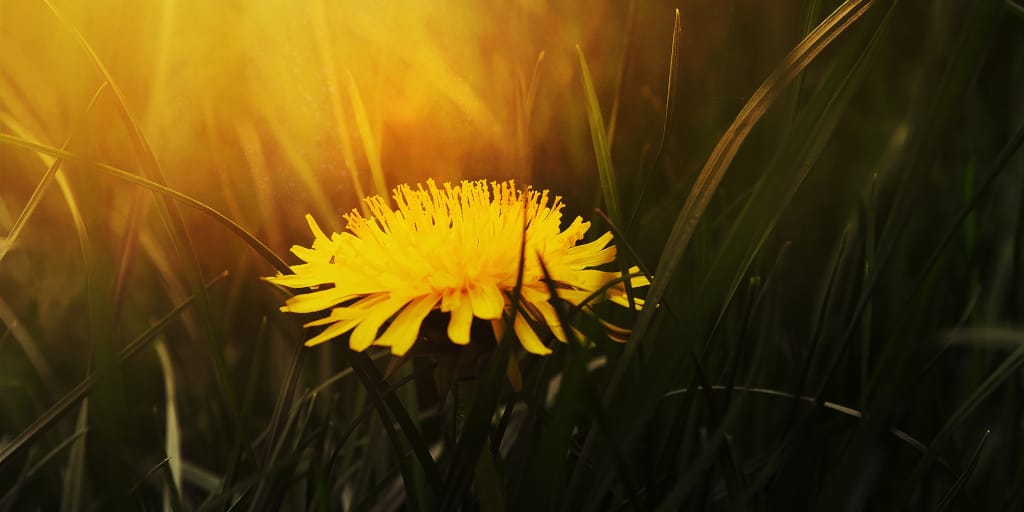I find the wild man only on the days he wants to be found.
His is the domain of the in-between, transient as the morning mist caged beneath the forest canopy, his shoddy campsite with its single-person tent and battered cooking gear always reappearing in a new location as if magicked there. Never so much as a bent leaf to mark his passing. He says it’s because he doesn’t want to settle down, but when I’m older I’ll learn the truth: as long as he keeps moving, he can stay free.
Guided by a wisp of woodsmoke, I carve my way through rain-slick salal and drowsy hemlock boughs. He greets me with a calm, understated joy that says more than he ever could with words (he is not so fond of those, anyhow). Beneath the scrubgrass beard and caterpillar brows he is lovely, if weathered, kindness shining like drops of sunlight in his eyes. At times they grow unfocused and distant. I cannot reach him when he goes there.
But today is a good day. He has prepared a special treat: coffee made from ground dandelion root. Caffeine-free, he says, and I nod as if that means something. I accept a steaming tin cup from him and sip slowly, the earthy bitterness tap-dancing on my taste buds. He drinks his share straight from the pot, and, as he always does, listens to me talk about my pet hamster, about the mean girls at school, about the game console I hope to get for my birthday. The tok tok tok of fat raindrops against the tarp overhead provides a soothing accompaniment to my excited babble.
His jacket sleeve slips back as he lifts the pot to his lips, and I steal a glance at the raised pinkish lines along the skin there. They continue all the way up to his neck, where they peek out from under his collar, like papier-mâché left to dry in careless, lumpy ridges. He has never told me about them and I won’t ask—only guess that they are in some way related to his stiff, hobbled gait.
I told him once that he could come live in my parents’ garage suite, if he wanted, but he merely gave a sad sort of smile and a shake of his fuzzy head. He couldn’t go back, he’d said.
But he had never been to my house before, so how could he possibly go back?
For some reason he’d laughed at that.
Nearly a decade from now I will learn his name, will see it inscribed on the silver tags he keeps tucked under his clothes, and shame will undo me. His body will be stiff and deceptively heavy, though his skeleton strains against the confines of his skin, and through many long, cold hours I will labor to bury him in the fragrant soil. I will not file a report. Though he means so much to me, I will not tell any living soul about him. Perhaps it is wrong of me to let his memory fade into the same obscurity in which he spent so much of his life, but I cannot bring myself to separate him from the place he loves.
I will forever doubt my decision, just as I will forever regret that, in the end, I hardly knew him at all. Would he have told me, if I’d only thought to ask?
I’ll immortalize his initials in the trunk of a noble cedar, entrusting him to its roots, and, whenever I’m able, I will return to tell him of my life and all that’s transpired in the outside world. Only the good things. He doesn’t need to hear the rest. He’s known enough of ugliness.
#
All of this is far off in the future.
Today, I am ten years old. Life is uncomplicated. The trees croon their many secrets to us, and I drink my dandelion coffee in the home of the wild man.
Maia Rocklin is a Finnish-Canadian writer based out of the Gulf Islands. Her short fiction works have appeared in The Year After and Savant-Garde Magazine. Find Maia on Twitter at @maia_rocklin.
Photo by Natalia Luchanko on Unsplash.


This is really beautiful. I was quite moved. I hope to see more of your writing.